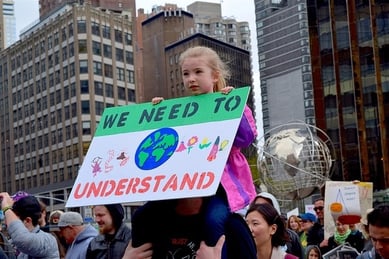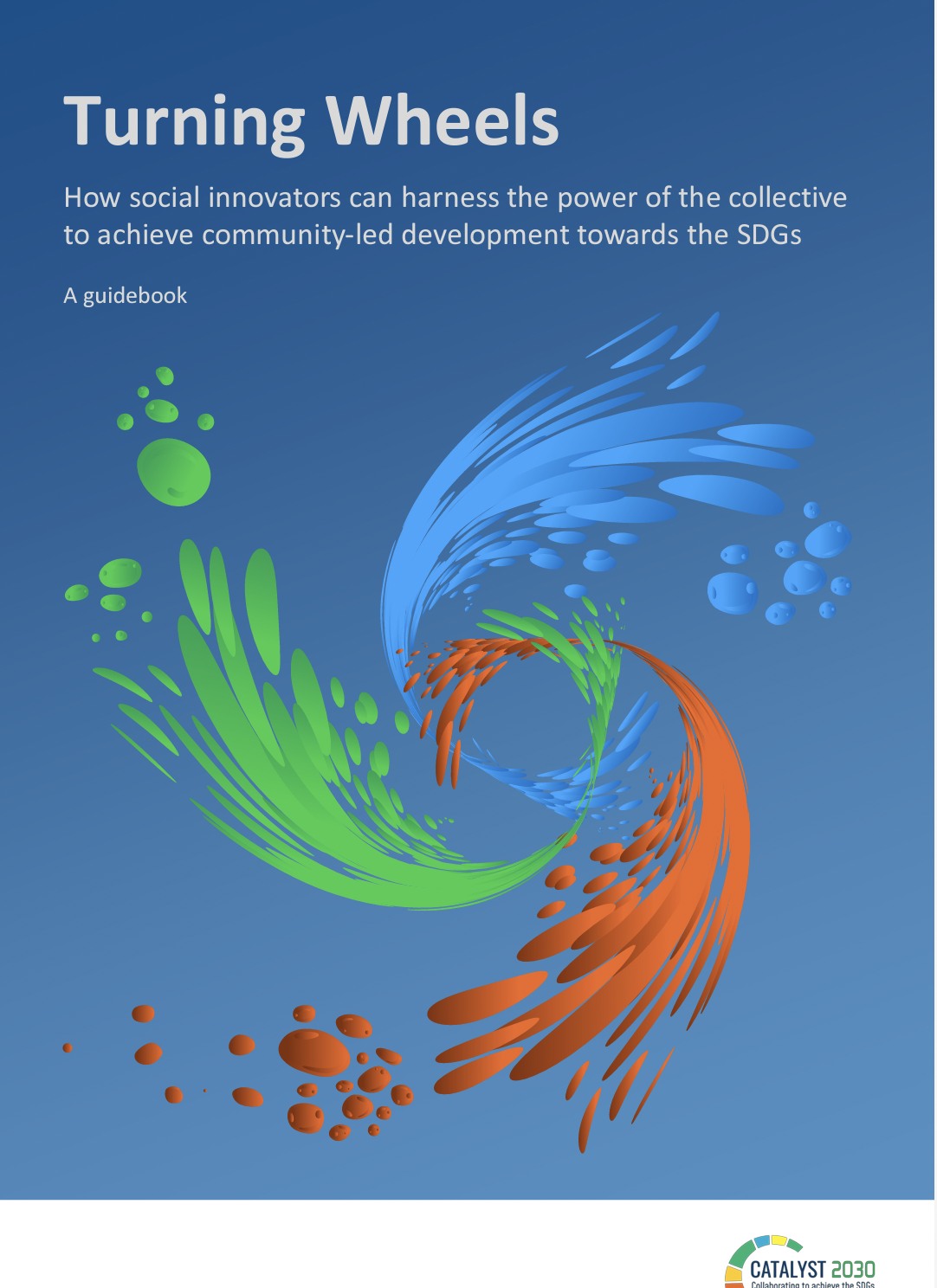 My good friend Walter Hossli cares for this earth. In a recent conversation he shared with me some of his thoughts. He is an Albertan and cares deeply for his country and province.
My good friend Walter Hossli cares for this earth. In a recent conversation he shared with me some of his thoughts. He is an Albertan and cares deeply for his country and province.
In the aftermath of the devastation in Texas his words have special significance.
Below are some points to consider from Walter on why the human sector needs to care about the environment.
Many organizations have adopted an explicit triple bottom line. Economic, social and environmental sustainability have always been part of the CED paradigm. As it is becoming increasingly clear that our current economic growth model is unsustainable, because of the resources it takes to maintain a globalized food, energy and trading system, we in the non-profit sector need to claim this space more urgently than we did in the past. Small, locally owned businesses and entrepreneurs rooted in their communities will be the critical backbone to a low carbon future.
Speaking on behalf of those without a voice
Low-income citizens are hit the hardest when extreme weather events strike. We saw this in the 2013 flood when low income folks "languished the longest on the Red Cross cots" before being able to return to stable housing (as one staff member in charge of the temporary housing system observed). And we see it right now in south Texas. More money means more options in times of crisis.
Canada's Economic Vulnerability
Being part of a fossil fuel economy (third largest reserves in the world) and having donors among professionals and business owners making their living in it, makes our work more vulnerable in the future. The sooner we start to prepare for and plan the transition away from a carbon-based economy, the more choices we have. The longer we wait, the harder we will fall. Stock values of Calgary energy companies point in the direction of sharply reduced valuations and therefore investments.
Why "Us" and not the "other players"
From human experience we know that the people with the greatest stake in preserving the status quo are the least likely to start talking about needed systems change. Powerful present-day economic interests prevent them from engaging. It is therefore imperative that we use some of our social capital with donors and others who trust us to respectfully invite them to the table and start an authentic conversation. Watching the acrimony from the sidelines contributes to social alienation which ultimately again works against marginalized communities, as the weakest in society.
Alberta's position in Canada
At close to 70t/person Alberta is a very high emitter of GHG's in global comparisons. Other informed global players in the GHG debate know this, which is why our Climate Leadership Plan won global praise. For Canada to meet the Paris Accord requirements, Alberta needs to make much higher cuts to emissions than currently planned. Calgary being at the hub of the energy economy in Canada, local civil society has a special responsibility to be active in this space.





